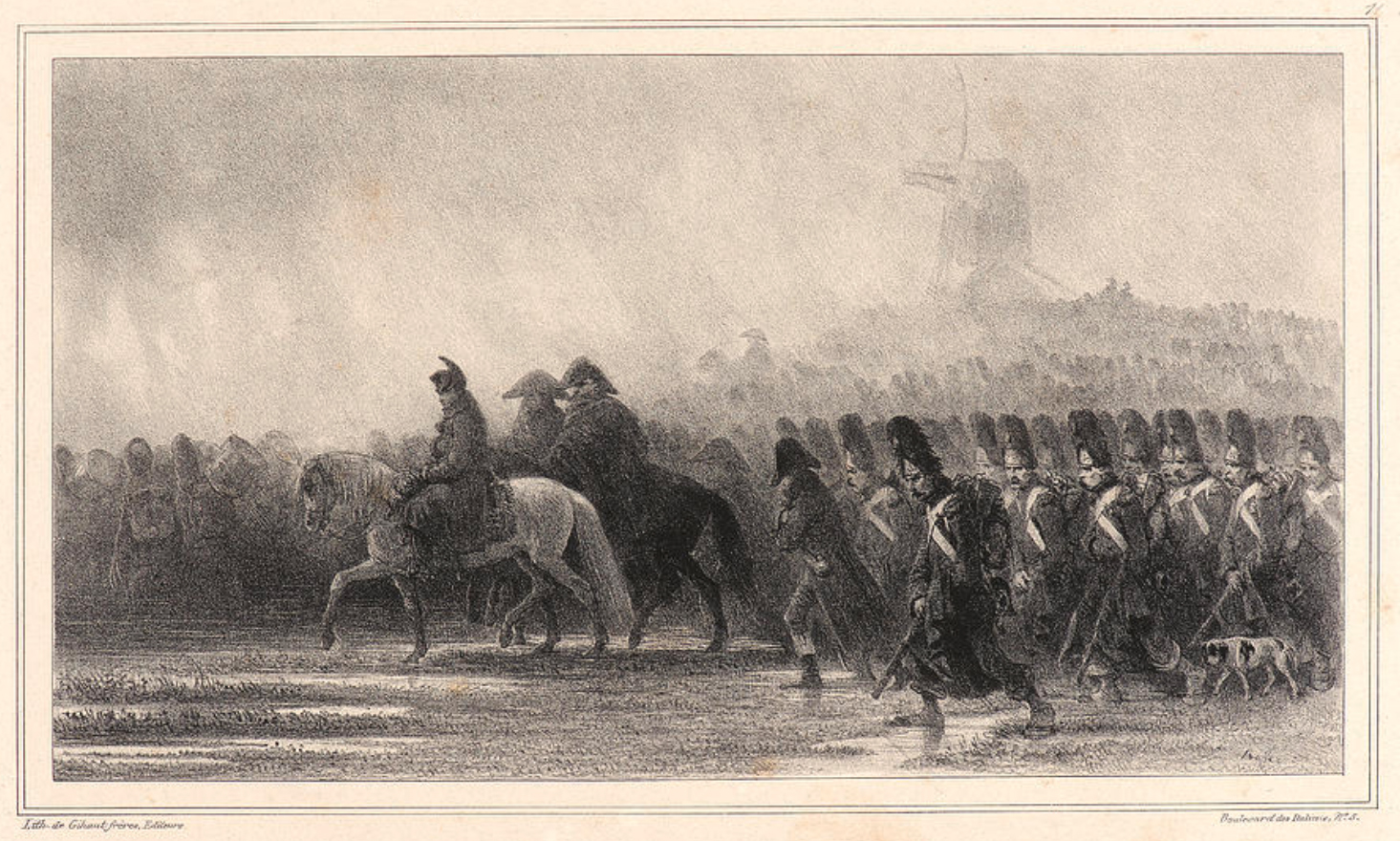There seems, to me, to be a great desire to be linked by name to the older game while disparaging both it and those who enjoy it.
Well, I make no secret of the fact that I don't particularly enjoy Gygaxian play, that I'm happy to disparage aspects of 3E, and that I'll disparage 2nd ed AD&D at any opportunity. That said, I don't disparage any of the players of those editions, except perhaps those 2nd ed GMs who feel that the game text has given them a licence to railroad in the name of "story".
And as I said upthread, I don't care about the linking by name except that it creates a more vibrant market for the game that I want to play.
AFAICT, there is an unspoken argument in the undercurrent of this thread, in effect, "Prefering older editions is an implicit slam against 4e".
I don't particularly feel that undercurrent, but you're probably more sensitive to it than I am. Conversely, I feel that the Tyranny of Fun posts are pretty clearly more than simply statements of a personal dislike of 4e play. They are critiques of 4e as an undesirable influence on gaming, and perhaps broader, culture. As a fan of 4e, I'm probably more sensitive to that critique than you are.
Like I said in my earlier post, I don't object to such critiques in principle, although they run the risk of being merely reactionary. I don't think they're very helpful on these boards, though, for two reasons: (i) they tend to violate the no-edition-wars rule, and (ii) these boards seem to flourish more when players of a wide range of games and editions treat one another as peers, rather than as cultural enemies.
When you remove the defining characteristics, but retain the name, at best you dilute what that name means.
<snip>
I also get tired of "It's new and improved! And also exactly the same!" If every discussion of editions devolves from "Look at all these exciting changes!" to "No, nothing has changed" if anyone at all suggests that they don't like some change, then how am I supposed to know what ideas are worth stealing?
The thing about "It's still the same game" is that for different people, "the game" means different things.
For some, D&D is all about the lists - spells, monsters, items - and the associated tropes. For others, it's the mechanics (polyhedral dice get mentioned a lot), or the style of play.
From WotC's point of view, the lists and some of the tropes are what they have control over (pursuant to copyright law, trademark law, and their general market positioning). Mechanics, on the other hand, come and go and are apt to be replicated by others. So I can see why they stress these things when they insist that the game is the same.
For players who care mostly about these things, the game might really be the same as well. For those who used to play AD&D but who wanted a feel less Gygaxian and more like a serious version of Tunnels and Trolls, 4e might even be the game they were really trying to play all those years ago.
From my own point of view, I can (and have) replicated those lists and tropes in a variety of mechanical systems. For me, what distinguishes 4e from other fantasy RPGs is its mechanics. So for me, the game is definitely not the same - if it was, I wouldn't be playing it!




